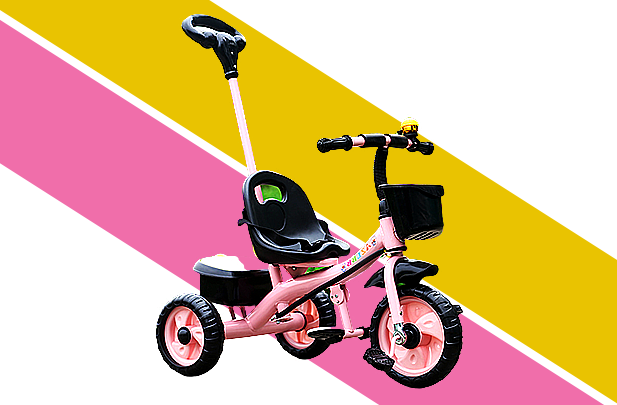F irst, let's talk about physical development. Just like a knight needs to train with sword and shield, young ones need to use their bodies and minds to play with toys to develop their fine and gross motor skills. By handling small toys like blocks and puzzles, children learn to use their fingers with precision and improve their hand-eye coordination. On the other hand, when playing with larger toys like riding toys and balls, children strengthen their gross motor skills and coordination.
But toys also have a special power to help children develop emotionally. Dolls and stuffed animals teach children about nurturing and caring for others. Role-playing toys, such as kitchen sets or doctor kits, allow children to explore different roles and responsibilities in society, just like a young prince or princess learning to rule a kingdom.
Toys can also play a significant role in the emotional development of children. For example, dolls and stuffed animals can help children learn about nurturing and caring for others. Role-playing toys, such as kitchen sets or doctor kits, can help children learn about different roles and responsibilities in society.
 '
'
Image by Ifix
And let's not forget about cognitive development! Puzzles and building blocks are like treasure maps that lead children on a journey of problem-solving and spatial awareness. Electronic toys and educational games are like magic spells that help children learn about numbers, letters, and other basic concepts.
In conclusion, toys are a crucial part of children's development, providing opportunities for physical, emotional, and cognitive growth. By encouraging children to play with a variety of toys, parents and caregivers can help children learn and grow in a fun and engaging way, just like in a fairy tale.

